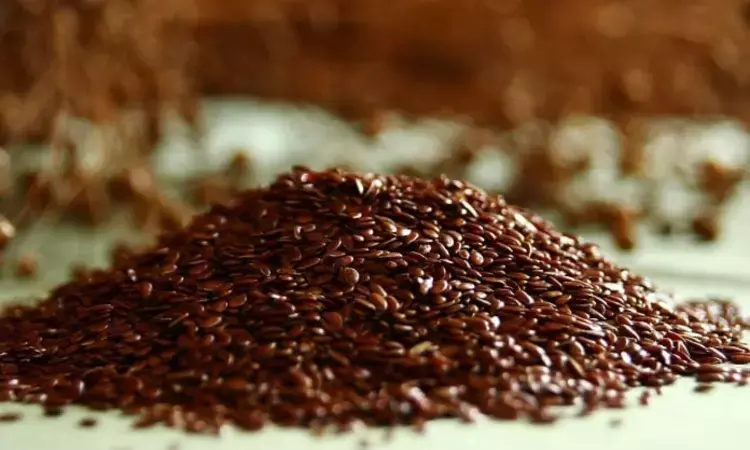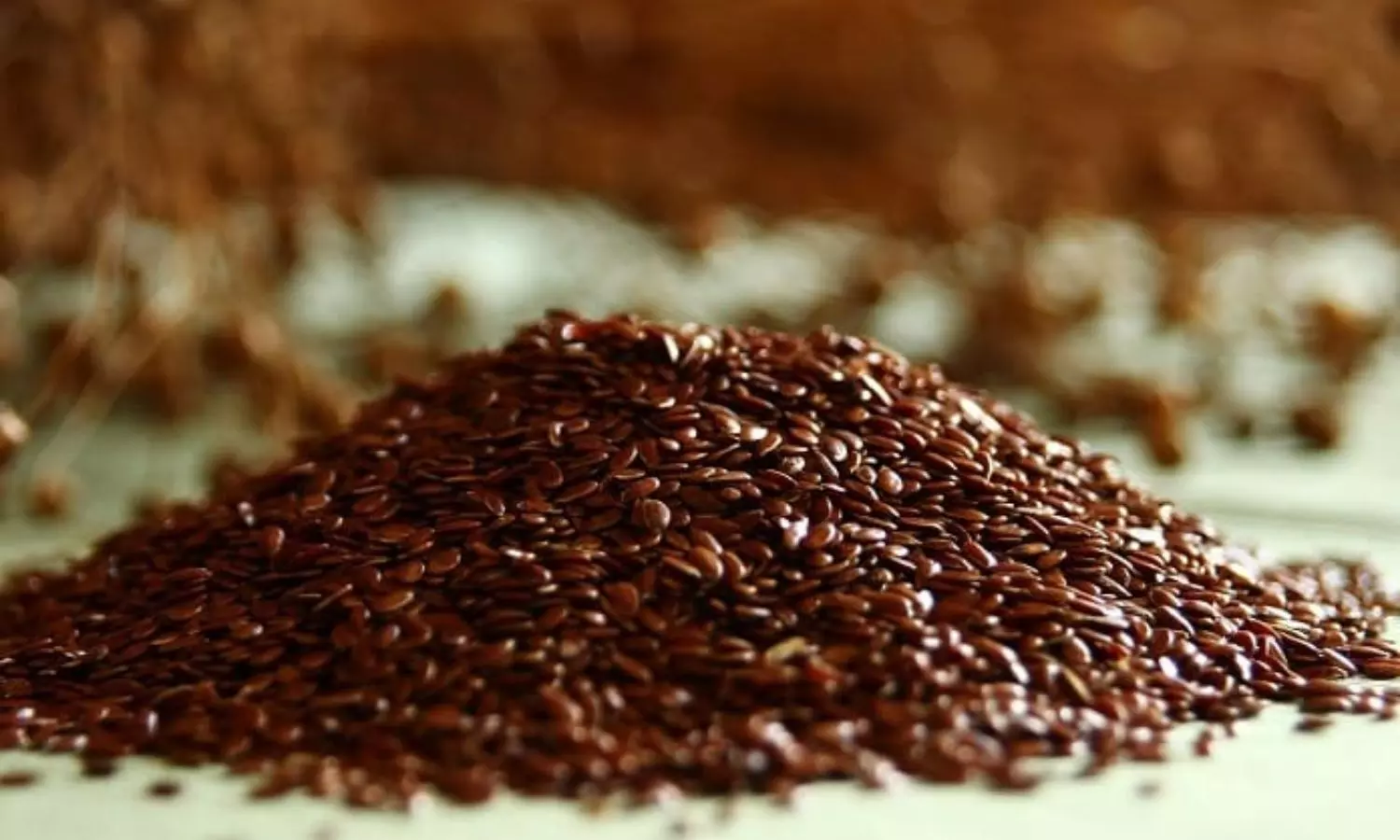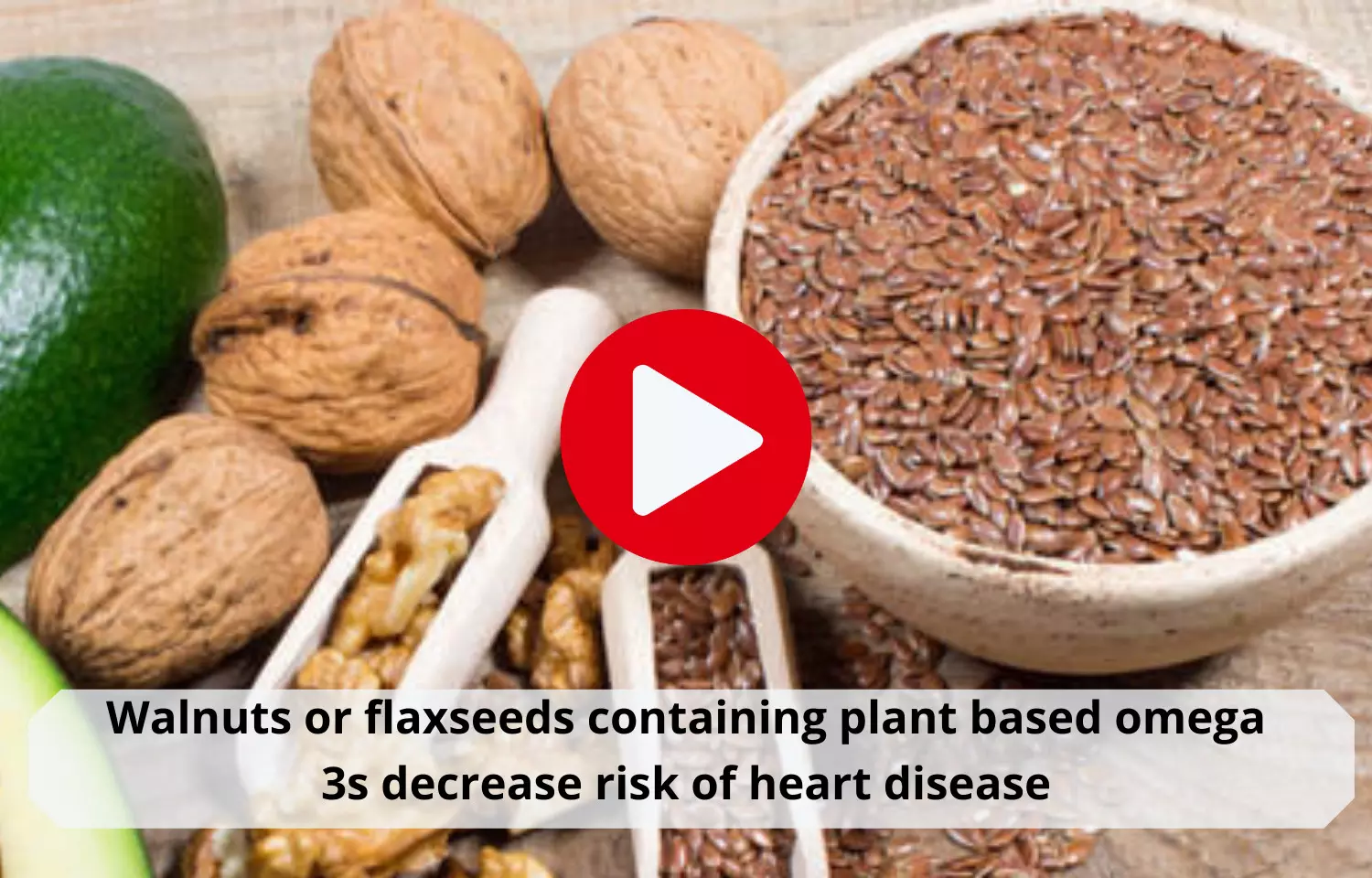- Home
- Medical news & Guidelines
- Anesthesiology
- Cardiology and CTVS
- Critical Care
- Dentistry
- Dermatology
- Diabetes and Endocrinology
- ENT
- Gastroenterology
- Medicine
- Nephrology
- Neurology
- Obstretics-Gynaecology
- Oncology
- Ophthalmology
- Orthopaedics
- Pediatrics-Neonatology
- Psychiatry
- Pulmonology
- Radiology
- Surgery
- Urology
- Laboratory Medicine
- Diet
- Nursing
- Paramedical
- Physiotherapy
- Health news
- Fact Check
- Bone Health Fact Check
- Brain Health Fact Check
- Cancer Related Fact Check
- Child Care Fact Check
- Dental and oral health fact check
- Diabetes and metabolic health fact check
- Diet and Nutrition Fact Check
- Eye and ENT Care Fact Check
- Fitness fact check
- Gut health fact check
- Heart health fact check
- Kidney health fact check
- Medical education fact check
- Men's health fact check
- Respiratory fact check
- Skin and hair care fact check
- Vaccine and Immunization fact check
- Women's health fact check
- AYUSH
- State News
- Andaman and Nicobar Islands
- Andhra Pradesh
- Arunachal Pradesh
- Assam
- Bihar
- Chandigarh
- Chattisgarh
- Dadra and Nagar Haveli
- Daman and Diu
- Delhi
- Goa
- Gujarat
- Haryana
- Himachal Pradesh
- Jammu & Kashmir
- Jharkhand
- Karnataka
- Kerala
- Ladakh
- Lakshadweep
- Madhya Pradesh
- Maharashtra
- Manipur
- Meghalaya
- Mizoram
- Nagaland
- Odisha
- Puducherry
- Punjab
- Rajasthan
- Sikkim
- Tamil Nadu
- Telangana
- Tripura
- Uttar Pradesh
- Uttrakhand
- West Bengal
- Medical Education
- Industry
Flaxseed may hold key to reducing breast cancer risk, Study Finds

In a groundbreaking study, scientists have uncovered a fascinating interplay between the gut microbiota, microRNAs (miRNAs) in the mammary gland, and their potential impact on breast cancer. The research, conducted on female mice, delves into the complex mechanisms that link the gut microbial ecosystem with distal organs and sheds light on how dietary interventions, particularly flaxseed, may hold the key to reducing breast cancer risk.
The study was published in the journal Microbiology Spectrum.
The gut microbiota, a diverse community of bacteria-dominated microorganisms residing in the digestive system, has long been recognized for its influence on overall health. However, the specific mechanisms behind its interactions with distant organs have remained elusive. This study reveals a direct correlation between the profiles of gut cecal microbiota in female mice and the expression of miRNAs in the mammary gland.
Enter flaxseed, a dietary powerhouse known for its health benefits. The study focused on the components of flaxseed, specifically lignan secoisolariciresinol diglucoside (SDG) and alpha-linolenic acid (ALA). SDG, in particular, piqued interest as it requires microbial processing in the gut to release bioactive metabolites with potential antitumor effects.
The researchers explored the modifiability of microbiota-miRNA relationships through dietary interventions, and flaxseed emerged as a promising candidate. It was found that flaxseed could modify these relationships, steering them toward an antioncogenic phenotype—an environment less conducive to cancer development.
In a study conducted on female mice, researchers found that gut cecal microbiota are related to the microRNAs (miRNAs) of the mammary gland which are involved in breast cancer-related cell proliferation and migration. Dietary flaxseed through SDG and ALA showed antitumor effects.
Interestingly, the effects were not uniform across flaxseed components. While SDG and ALA-rich oil (FSO) each had distinct impacts, neither could fully replicate the comprehensive effects observed with whole flaxseed. The study emphasizes the importance of the synergistic interactions between various components in the natural form of flaxseed, suggesting that the holistic approach is vital for maximum benefit.
Moreover, the research uncovered that flaxseed affected unique pathways related to extracellular matrix processing, further underlining its multifaceted impact on breast cancer-related processes. Through their unique way of extracellular matrix processing, FSO and SDG exhibited antioncogenic effects.
These findings open a new chapter in breast cancer prevention. By elucidating the intricate relationships between the gut microbiota, miRNA expression, and dietary interventions like flaxseed, researchers have unveiled a novel route for reducing breast cancer risk. As we delve deeper into the connections within our bodies, the potential for targeted and effective preventive strategies becomes clearer, offering hope for a future with fewer instances of this prevalent and devastating disease.
Further reading: Cecal microbiota and mammary gland microRNA signatures are related and modifiable by dietary flaxseed with implications for breast cancer risk. https://doi.org/10.1128/spectrum.02290-23
BDS, MDS
Dr.Niharika Harsha B (BDS,MDS) completed her BDS from Govt Dental College, Hyderabad and MDS from Dr.NTR University of health sciences(Now Kaloji Rao University). She has 4 years of private dental practice and worked for 2 years as Consultant Oral Radiologist at a Dental Imaging Centre in Hyderabad. She worked as Research Assistant and scientific writer in the development of Oral Anti cancer screening device with her seniors. She has a deep intriguing wish in writing highly engaging, captivating and informative medical content for a wider audience. She can be contacted at editorial@medicaldialogues.in.
Dr Kamal Kant Kohli-MBBS, DTCD- a chest specialist with more than 30 years of practice and a flair for writing clinical articles, Dr Kamal Kant Kohli joined Medical Dialogues as a Chief Editor of Medical News. Besides writing articles, as an editor, he proofreads and verifies all the medical content published on Medical Dialogues including those coming from journals, studies,medical conferences,guidelines etc. Email: drkohli@medicaldialogues.in. Contact no. 011-43720751




